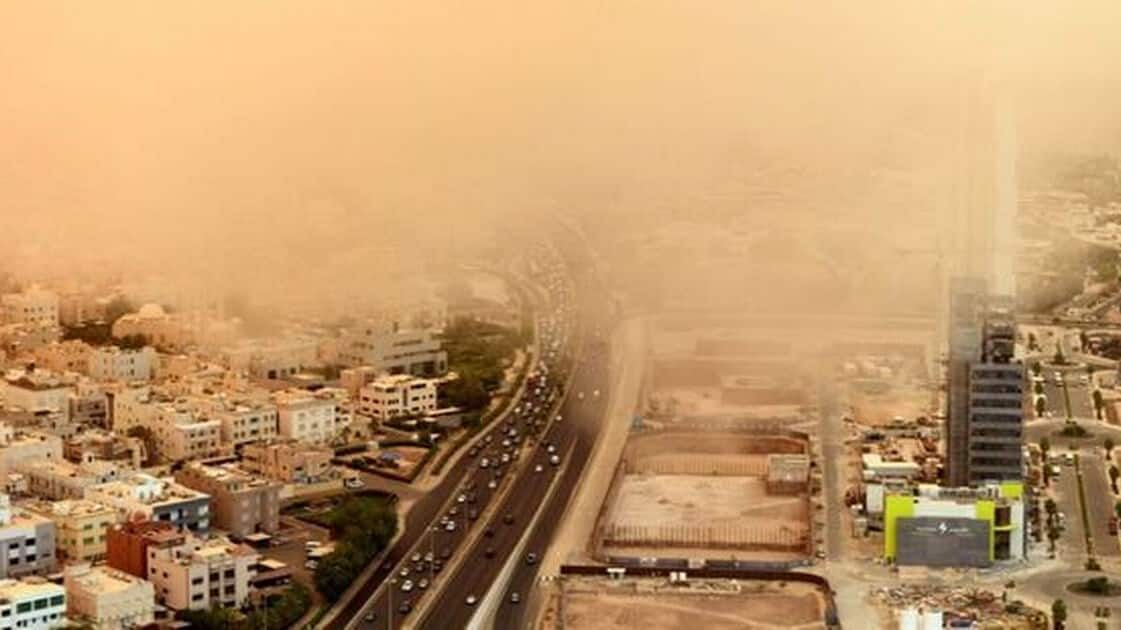
Sea fish boil, birds drop dead in this scorching city
What's the story
Once celebrated as the "Marseilles of the Gulf" for its thriving fishing industry and picturesque coastal spots, Kuwait City now holds a less desirable title—the world's hottest city. It has become a literal boiling pot that there have been shocking accounts of birds falling dead from the skies and seahorses boiling in the bay. This trend has raised concerns among scientists, who warned that Kuwait is experiencing a faster rate of heating compared to the rest of the world.
Rising temperatures
Rapid climate change: Kuwait heating faster than global average
On July 21, 2016, temperatures at Mitribah weather station in northern Kuwait soared to a record-breaking 54C (129F), making it the third-highest temperature recorded globally. Temperatures exceeded 50C (122F) for an unprecedented 19 days in 2021 too. But scientists fear this record could potentially be broken this year. By the end of this century, temperatures are projected to rise by 5.5C (10F) compared to the 2000s.
Ecological consequences
Kuwait City's rising heat and decreasing rainfall
The escalating temperatures have transformed Kuwait City into an increasingly inhospitable environment as temperatures reaching 50C can trigger serious health issues. They include heat exhaustion and heart problems, and even death if people are exposed for too long. Scientific data also indicates a yearly decrease in rainfall in this already arid nation, leading to more frequent and severe dust storms.
Adaptation measures
Health risks and lifestyle changes amidst extreme heat
In response to these extreme conditions, the Kuwaiti government has permitted night-time funerals for the first time this year. Wealthy residents are increasingly opting to stay indoors in air-conditioned homes, offices or shopping centers, leading to the construction of indoor shopping streets replete with palm trees and European-style shops. A 2020 study revealed that approximately two-thirds (67%) of total home electricity use in Kuwait comes from the non-stop operation of air conditioning units.
Power demand
Heat-related deaths expected to rise
Meanwhile, a study by the Institute of Physics predicted that by the end of this century, heat-related deaths caused by climate change could increase by 5.1% to 11.7% across the entire population, and even up to 15% among non-Kuwaiti individuals. Kuwait's carbon footprint is one of the highest globally, surpassed only by Bahrain and Qatar. By 2030, demand for electricity is likely to increase thrice; the majority of which is due to expected rise in using indoor cooling systems.